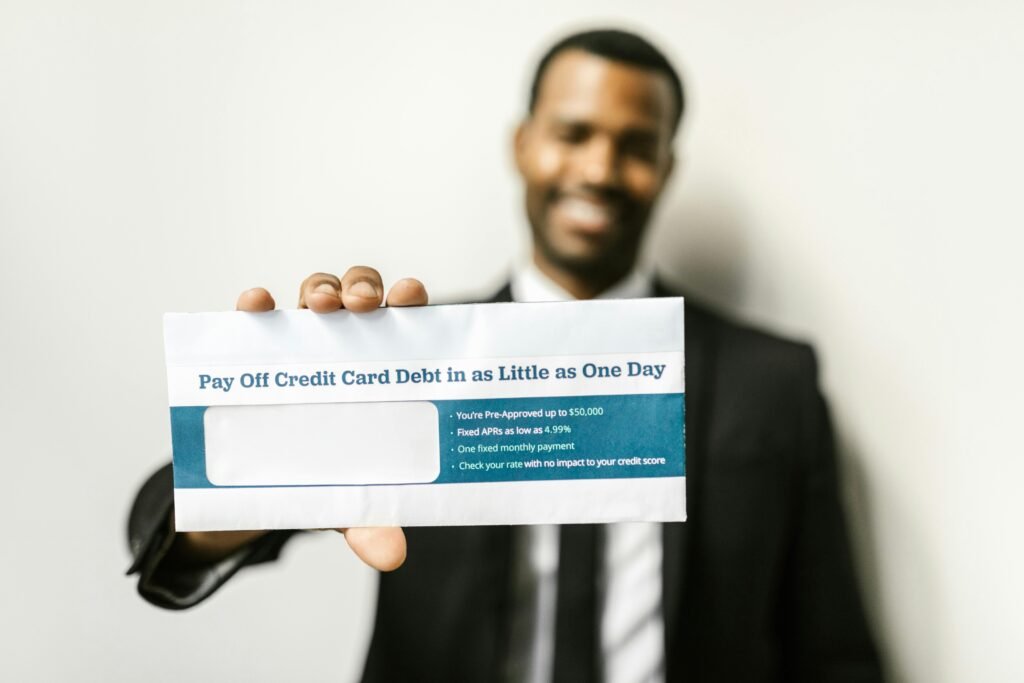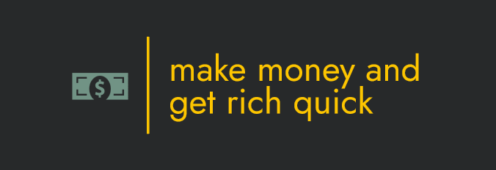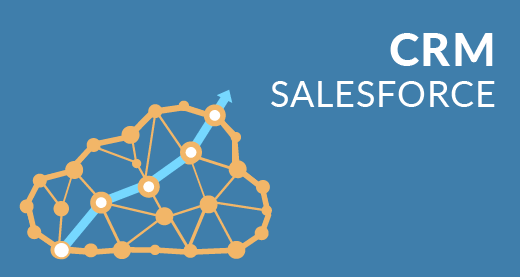Credit card debt can be a huge burden, especially when you’re living paycheck to paycheck or just struggling to get by. If you’ve been finding it hard to shake off credit card debtThe amount of money a person owes to a credit card company d... More, you’re not alone. Many people feel like they’ll never be able to pay off their credit cards, but there is good news: you can get rid of that credit card debtThe amount of money a person owes to a credit card company d... More for good! Below are five simple, easy-to-understand steps that will help you tackle and eventually eliminate your credit card debtThe amount of money a person owes to a credit card company d... More. No fancy talk, just simple tips to put into action today!
1. Stop Adding to Your Credit Card Debt
First things first—if you’re in debt, you need to stop adding to it! It sounds obvious, but it’s easy to fall into the habit of using your credit cards even when you shouldn’t. If you’re struggling with debt, stop using your credit cards for anything that’s not absolutely necessary.
Take a hard look at your spending habits. Are you buying things you don’t need? Maybe it’s that morning coffee from the café or clothes you don’t really need. These little things add up, and before you know it, you’re charging more to your credit card.
Action Step:
Take your credit cards out of your wallet for a little while. Use cash or a debit card for purchases instead. This will help you control your spending and prevent accumulating more debt while you’re working to pay it off.
If you’re worried about emergencies, only keep one card for true necessities like medical expenses. But try to rely on cash or debit wherever you can.
2. Pay More Than the Minimum Payment
One of the worst traps with credit card debtThe amount of money a person owes to a credit card company d... More is only paying the minimum required payment each month. This keeps your credit card debtThe amount of money a person owes to a credit card company d... More rolling over and just adds to the interest charges. That means you’ll be paying off your debt for years and only barely making a dent in it.
To make progress, you need to pay more than the minimum payment. Even a small increase will make a big difference in how quickly you can get out of debt. Start with an amount that feels doable, but aim to gradually increase it.
Action Step:
Look at your credit card statement to see how much the minimum payment is. Then make a commitment to pay more than that minimum amount. Try to double it or add $20 extra to start with. The more you pay off now, the less you’ll end up owing in the long run.
3. Consider a Balance Transfer to Cut Debt Fast
Balance transfers are when you transfer the amount you owe from one credit card to another, often one with a lower interest rate. Many credit cards offer an introductory 0% interest rate for balance transfers, which can save you a ton of money on interest charges.
If you’re being eaten alive by high interest rates, this could be a game changer. With a lower or zero-interest balance transfer, more of your monthly payment will go toward the actual debt instead of just paying interest. But be careful! After the promotional rate ends, the interest rate could jump, so make sure you know when it’s going to change.
Action Step:
Look for a credit card with a low or 0% APR offer for balance transfers. Then, transfer your current debt over to it. Just make sure you pay it off before the 0% interest rate expires to avoid getting hit with a big interest charge down the line.

4. Set Up a Realistic Budget to Control Your Spending
To start tackling credit card debtThe amount of money a person owes to a credit card company d... More, you need to know how much money you have coming in and going out each month. Creating a budget will help you see exactly where your money is going and identify areas where you can cut back. If you’re overspending on things like takeout or streaming services, that’s money that could be better spent on paying down your debt.
Having a budget doesn’t mean you can’t have fun or buy things you need; it just means being more conscious of your money. When you budget effectively, you’ll see where you can shift money away from unnecessary spending and into paying down your debt.
Action Step:
Take a few minutes to write down your income and expenses for the month. Use a simple budget template or an app to keep track. Make sure your budget prioritizes paying off debt. The more strict you can be with cutting back on nonessential spending, the faster you can pay off your cards.
5. Use the Debt Snowball Method to Stay Motivated
The debt snowball methodThe debt snowball method is a debt repayment strategy where ... More is a popular strategy for paying off debt. Here’s how it works: First, you list all your debts from the smallest balance to the largest. Then, you focus on paying off the smallest one first while making the minimum payments on your other debts. Once the smallest debt is paid off, you take that money and apply it to the next smallest debt, and so on. As you pay off each debt, you build momentum—like a snowball getting bigger and bigger.
The debt snowball methodThe debt snowball method is a debt repayment strategy where ... More is effective because it gives you quick wins that motivate you to keep going. While it might not save you the most money in interest, it’s great for building confidence and giving you the push you need to stick with it.
Action Step:
Write down all your credit card balances from smallest to largest. Focus your extra payments on the smallest balance first. Once that’s paid off, use the money you were paying on it to pay down the next smallest debt.
Take Control of Your Credit Card Debt Now!
Paying off credit card debtThe amount of money a person owes to a credit card company d... More is not an overnight thing, but by following these steps, you’ll make progress, and eventually, you’ll be free from the burden of high-interest charges. Getting out of debt is all about consistency, patience, and smart decisions along the way.
For help in tackling credit card debtThe amount of money a person owes to a credit card company d... More and other financial challenges, consider reading How to Manage Debt and Find Relief from the Consumer Financial Protection Bureau. This resource offers practical advice and tools for managing your finances more effectively.

